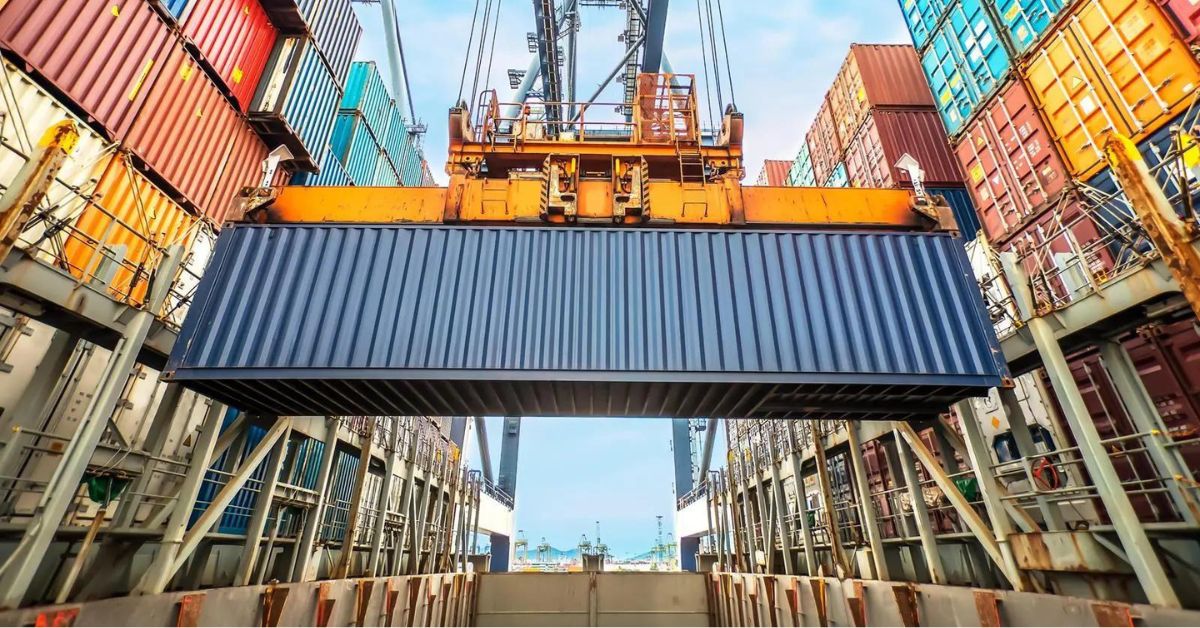DUBAI — The Gulf economy has grown dramatically in recent years due to income diversification and structural changes. Development efforts have focused on non-oil sectors such as tourism, industry, and technology, which have helped strengthen the economy’s various components.
Furthermore, the region has seen significant investment in development projects, improved infrastructure, and increased economic opportunities. This growth and development are expected to continue in the coming years, thanks to Gulf governments’ commitment to promoting sustainable development and economic diversification.
The Largest Markets
The efforts of Gulf governments have led to an economic revival, with several Gulf countries ranking among the top ten emerging markets in the world, according to the Agility Logistics Index for 2024, a key reference in the logistics sector.
The index ranks the top 50 emerging markets based on four main criteria: logistics infrastructure, business conditions, digital readiness, and local and international logistics opportunities, which attract investors and logistics service providers.
At A Glance Economic Growth Through Diversification: The Gulf economy has experienced significant growth due to diversification in non-oil sectors like tourism, industry, and technology. Infrastructure and Investment: Significant investments in development projects and infrastructure improvements have bolstered the Gulf's economic opportunities. Global Competitiveness: Gulf countries have achieved high rankings in the Agility Logistics Index for 2024, showcasing their global competitiveness and appeal to investors. Leaders in Diversification: The UAE, Saudi Arabia, and Qatar lead in diversification efforts, with notable rankings in logistics, business conditions, and digital readiness. Vision 2030: Saudi Arabia's Vision 2030 highlights the kingdom's commitment to diversifying its economy and attracting foreign investment. GCC's Attractiveness to Investors: The comprehensive competitiveness and digital readiness of Gulf markets enhance their appeal to logistics service providers and investors globally. Positive Market Impacts: Entry into the Agility Index signifies Gulf countries' adherence to competitive international standards, boosting their global market presence and investor confidence.
According to the classification, the UAE ranked third globally, Saudi Arabia sixth, and Qatar seventh. In the rest of the Gulf countries, Oman ranked 15th, Bahrain 16th, and Kuwait 21st.
In an Agility survey of 830 logistics executives, participants noted the increased efforts of Saudi Arabia and the UAE among GCC countries to diversify their economies and reduce reliance on oil and gas revenues.
According to the report, the UAE ranked first in the category of business pillars, with Saudi Arabia coming in third. Logistics specialists conducted an opinion poll to demonstrate how to promote and develop small and multinational companies as a powerful engine for economic diversification in GCC countries.
According to the index, the UAE and Saudi Arabia topped the list in each category. Qatar was in the top ten in all categories except international logistics opportunities, where it ranked twentieth. On the other hand, Bahrain was ranked eighth in the category of business pillars, while Kuwait and Oman were not among the top ten.
Saudi Arabia ranked first in the GCC countries based on the efficiency of diversifying their economies over the past decades, with a rate of 30.1 percent, followed by the UAE with a rate of 26.7 percent, Qatar with a rate of 21.8 percent, and Kuwait with a rate of 9.4 percent. Bahrain and Oman were the last, with 6 percent each.
Significant Achievements
The results of the 15th annual Agility Logistics Index for emerging markets show that the economies of the UAE, Saudi Arabia, and Qatar are improving and stable, while the economies of Oman, Bahrain, and Kuwait are declining.
With the start of the new year, the GCC countries have demonstrated remarkable growth in global markets across various economic sectors, making them an appealing destination for foreign investment.
The Logistics Index confirmed that the UAE remains ranked third globally and first regionally, after China and India, while also ranking first globally in doing business pillars, ahead of Malaysia, Saudi Arabia, Qatar, and Jordan.
Participants in the Agility Index survey highlighted the UAE’s pioneering efforts to accelerate economic diversification and reduce reliance on oil and gas income, outperforming other countries in the region.
This achievement is significant for Saudi Arabia, demonstrating investors’ high level of trust in the Saudi economy. This trust is attributed to the Kingdom’s Vision 2030, which focuses primarily on diversifying the economy and attracting foreign investment.
Significant investments in logistics infrastructure, including King Abdullah Port, King Abdullah Financial City, railways, a business-friendly regulatory environment, and a skilled workforce, underpin this confidence.
According to the Agility Index classification, Qatar is ranked seventh in the world’s top ten emerging logistics markets based on a comprehensive competitiveness analysis. This classification reflects indicators of logistics opportunities, fundamentals, business environment, and digital readiness, all contributing to these markets’ attractiveness to logistics service providers, freight forwarders, air and sea carriers, distributors, and investors.

Reflections and Effects
Strengthening the presence of Gulf financial markets, particularly the Qatari and Saudi markets, among the world’s most important emerging markets reflects the continuous development pace in their financial markets across multiple axes, along with several other implications.
The importance of Gulf markets entering the Agility Index, which ranks the world’s top 50 leading emerging markets, stems from their comprehensive competitiveness and digital readiness, both of which increase the attractiveness of these markets to logistics service providers and shipping agents.
Entering the markets within the index means they have achieved competitive international standards, enabling them to be present in the global market with the shares of their local companies, be part of the investments of international portfolios, sovereign funds, and investment sectors. This is reflected in the volumes of trading liquidity and the stability of stock prices in the face of local fluctuations and enhances the competitive position of the local markets globally.
In terms of the positive accompanying effects, and beyond the financial markets, a country’s local financial market entering the group of emerging markets places it on the map of global direct investment in the economic sectors, particularly logistics within the country. It also raises the level of credit rating of the operating sectors as well as the country’s government performance.








